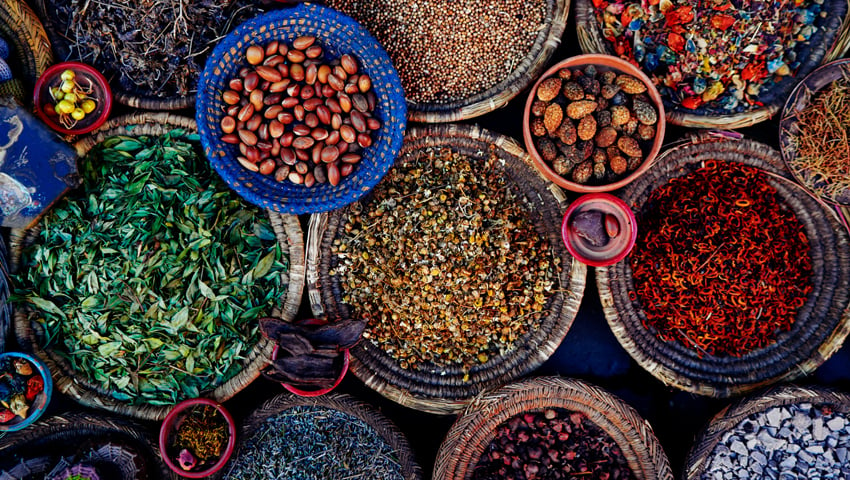POWER wielded by ‘big food’ and other powerful actors is leading to vulnerable groups being disadvantaged by unjust and inequitable food systems, according to a new report published today by the Institute of Development Studies (IDS).
The report calls for marginalised social groups to be placed at the centre of food system transformation, to increase their access to affordable and nutritious food, and fairer working conditions across the food industry.
In a world where there is enough food, but hunger is increasing, diets are worsening and obesity is rising, the report details that corporate control over food production and distribution, combined with their growing influence in global policy circles, is contributing to growing injustices.
At the same time, the report shows that governments are often at fault, with actions such as support for intensifying agricultural production, commitment to deregulation or poorly designed policymaking often having an impact on marginalised groups.
As a result, the report says that people are being denied access to affordable and nutritious food, just because of who they are. Groups such as indigenous people, low-income city residents, children, racialised minorities, and women-led households are all at greater risk of going hungry or being under-nourished. In addition, small-scale farmers lose their land, or access to markets, whilst others working across the food system in low paid, insecure work unfairly suffer as they struggle to earn a living.
Professor Melissa Leach, Director of the Institute of Development Studies, said “Recent crises, including the Covid-19 pandemic, have revealed that our modern food systems are neither sustainable nor equitable, with profound and intergenerational consequences for human wellbeing, health, and prosperity.
“Worryingly, not only are powerful businesses influencing food policy but they are also shaping the knowledge on which decisions are made, with the ability to side-line inconvenient facts. We urgently need to expose these power imbalances and build a more inclusive food system that works for all.”
Nicholas Nisbett, Research Fellow at the Institute of Development Studies, said: “It is concerning that in 2023 we still have millions of people around the world experiencing hunger on a daily basis, struggling to earn a living in the food industry or being denied their rights to land for growing crops.
“Instead of focusing on food production, much more attention needs to be placed on creating fairer access to affordable food, and finding ways to support food initiatives rooted in communities that address their needs.”
The IDS report ‘Pathways to Equitable Food Systems’ ultimately finds that inequities in food systems are the result of deliberate choices by powerful entities. To counter these power imbalances and build more equitable food systems, the report recommends:
Placing more emphasis on bringing together community- and government- level actions which can specifically target inequity.
Pursuing multiple approaches to tackling challenges within food systems, rather than investing heavily in single initiatives, which are likely to lack inclusivity and lead to ‘locking-in’ policies that may not work or make the situation even worse.
Paying closer attention to who will benefit most from proposed solutions, challenging initiatives where they do not explicitly support marginalised people.
Finding spaces for the voices of those suffering from inequity.
The ‘Pathways to Equitable Food Systems’ report is based on decades of research conducted by the Institute of Development Studies with international partners, bringing together studies from Africa, Europe, Latin America and Asia across themes such as the politics of food, agri-food science and technology, livelihoods, and nutrition.
